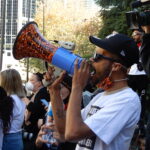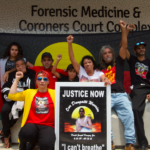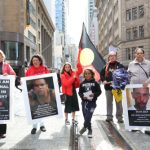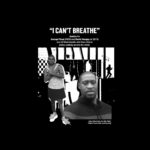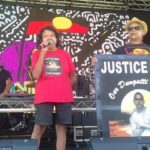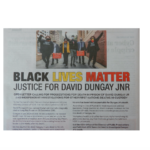Dungay’s Nephew Paul Silva Continues Fight as Custody Death Toll Rises
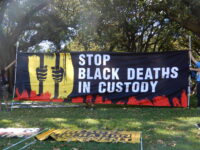
Despite the pandemic, tens of thousands of people hit the streets across this continent last year, calling out the systemic racism that leads to the ever-increasing number of First Nations deaths in custody, and demanded substantial reform to the prejudicial system which leads to these outcomes.
Although, it would seem that Corrective Services NSW (CSNSW) has decided the best approach to take to the enhanced focus on Aboriginal custodial deaths is to just not tell the public about it when one occurs.
As he questioned CSNSW commissioner Peter Severin at an estimates hearing on Tuesday, NSW Greens MLC David Shoebridge asked some very pointed questions that revealed two Indigenous deaths had occurred in NSW prisons over the past week, however the public simply wasn’t told.
A 44-year-old Aboriginal woman took her own life in Silverwater Women’s Correctional Centre last Friday. Whilst three days prior, a First Nations man was found unresponsive in his cell in Long Bay gaol’s hospital ward. The news of his death broke on Sunday prior to any official announcement.
The first death having taken place in Long Bay hospital ward has a particular resonance with last year’s First Nations custodial death demonstrations, as they focused on the killing of David Dungay Junior in the same facility.
So, now, in the face of this rising death toll, Dungay’s nephew, Paul Silva, is renewing his calls for substantial change.
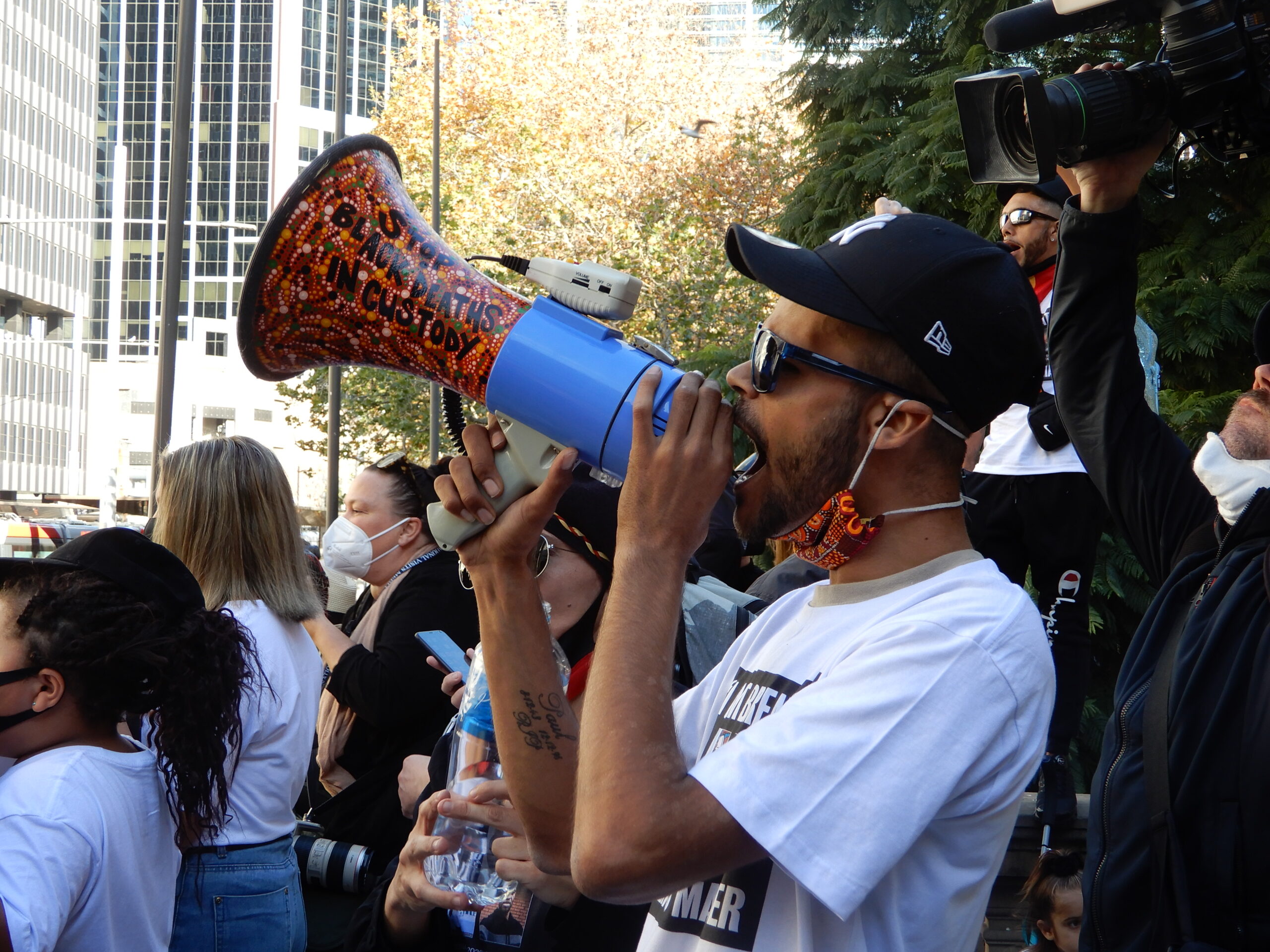
Again, nothing suspicious
“First and foremost, when I heard about the death in Long Bay Correctional Centre, I felt for the family of this person who lost his life,” said Silva, who played a key role in last year’s Black Lives Matter protests. “I know the experience of losing someone whilst in custody.”
“But I was outraged by the fact that a Corrective Services spokesperson released a small statement saying the inmate had previous medical conditions,” he continued. “Who in this society doesn’t have medical conditions? It’s just a way to cover up and say that it wasn’t suspicious.”
CSNSW has long been criticised for announcing that there are no suspicious circumstances involved in an Aboriginal death in custody, as soon as it’s announced. Usually this happens straight after, but last week, corrections waited until the Herald broke the news five days following the death.
Indeed, recommendations have been made to the current NSW parliamentary inquiry into First Nations overimprisonment and custodial deaths, suggesting that rather than promptly announcing there’s nothing suspect about a death, CSNSW should wait until an inquiry has taken place.
Silva told Sydney Criminal Lawyers that the protests he’s been leading over the past five years have raised awareness, yet CSNSW and the state government continue to “turn a blind eye to individuals losing their lives at the hands of people who have a duty of care”.
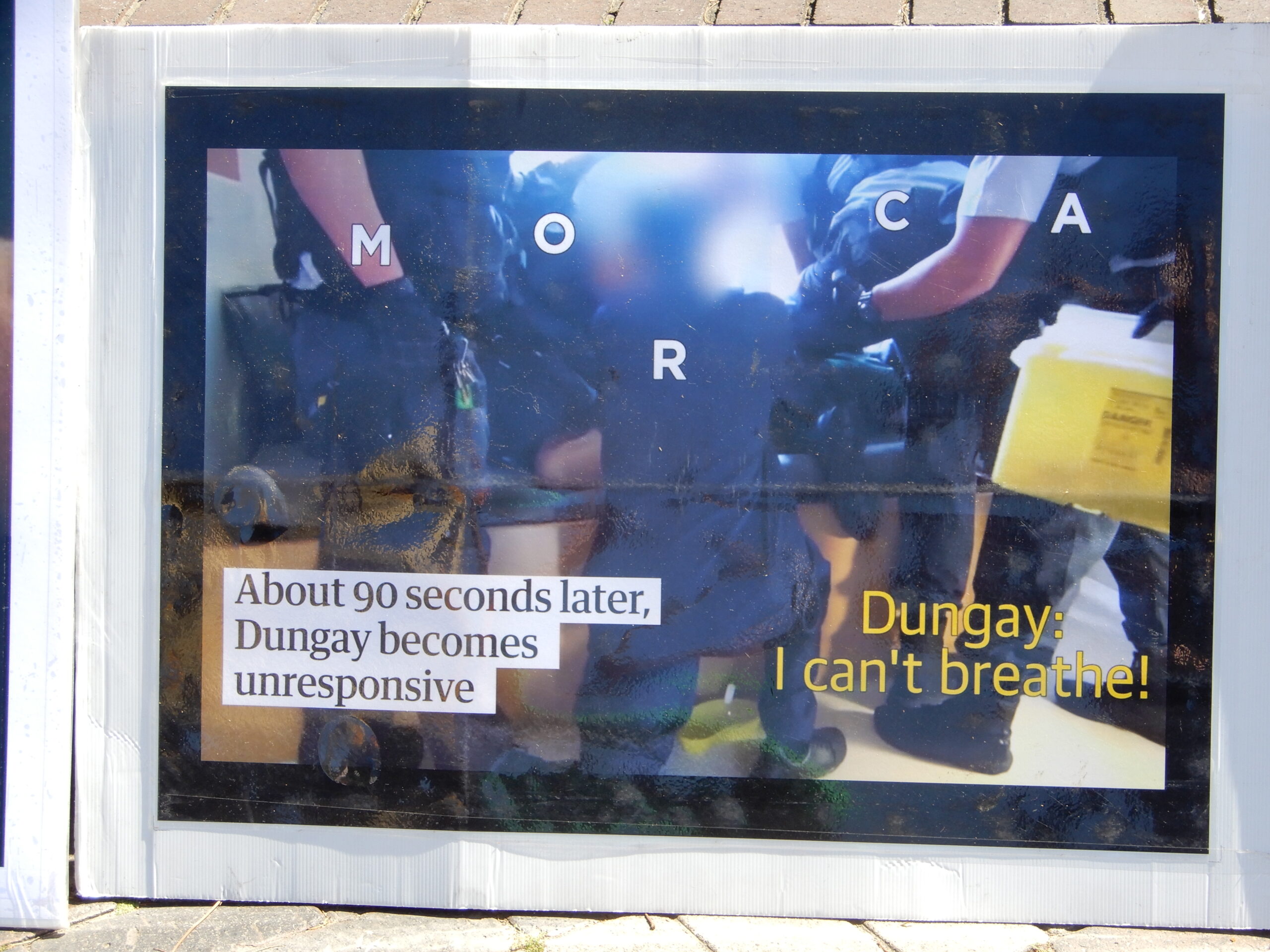
“I can’t breathe”
Paul’s uncle, David Dungay Junior died at the hands of five immediate action guards in a cell in the Long Bay hospital ward. The officers held the 26-year-old Dunghutti man face down in the potentially deadly prone position, as he called out he couldn’t breathe at least a dozen times.
The special response guards stormed the cell where Dungay was being detained on 29 December 2015, as concerns were raised over his eating biscuits because he was diabetic. And despite his pleas that he couldn’t breathe, the guards had a nurse inject him with a sedative right before he died.
The inquest into Dungay’s death resulted in 20 recommendations being handed down in November 2019. However, none of these related to holding any of the guards involved to account. Rather Severin issued an apology for the multiple organisational failures that had occurred.
The Dungay family has continued to campaign for the investigation to be reopened, but, so far, this has been to no avail. Via petition and the advice of an esteemed barrister, the family has requested both the Director of Public Prosecutions and SafeWork NSW investigate the incident.
“The case hasn’t been reopened,” Silva explained. “Personally, after fighting for the last five years, I feel they weren’t listening. But I’ve never taken a step back, and I’m not going to take a step back until they listen, so we can prevent other Aboriginal deaths in custody.”
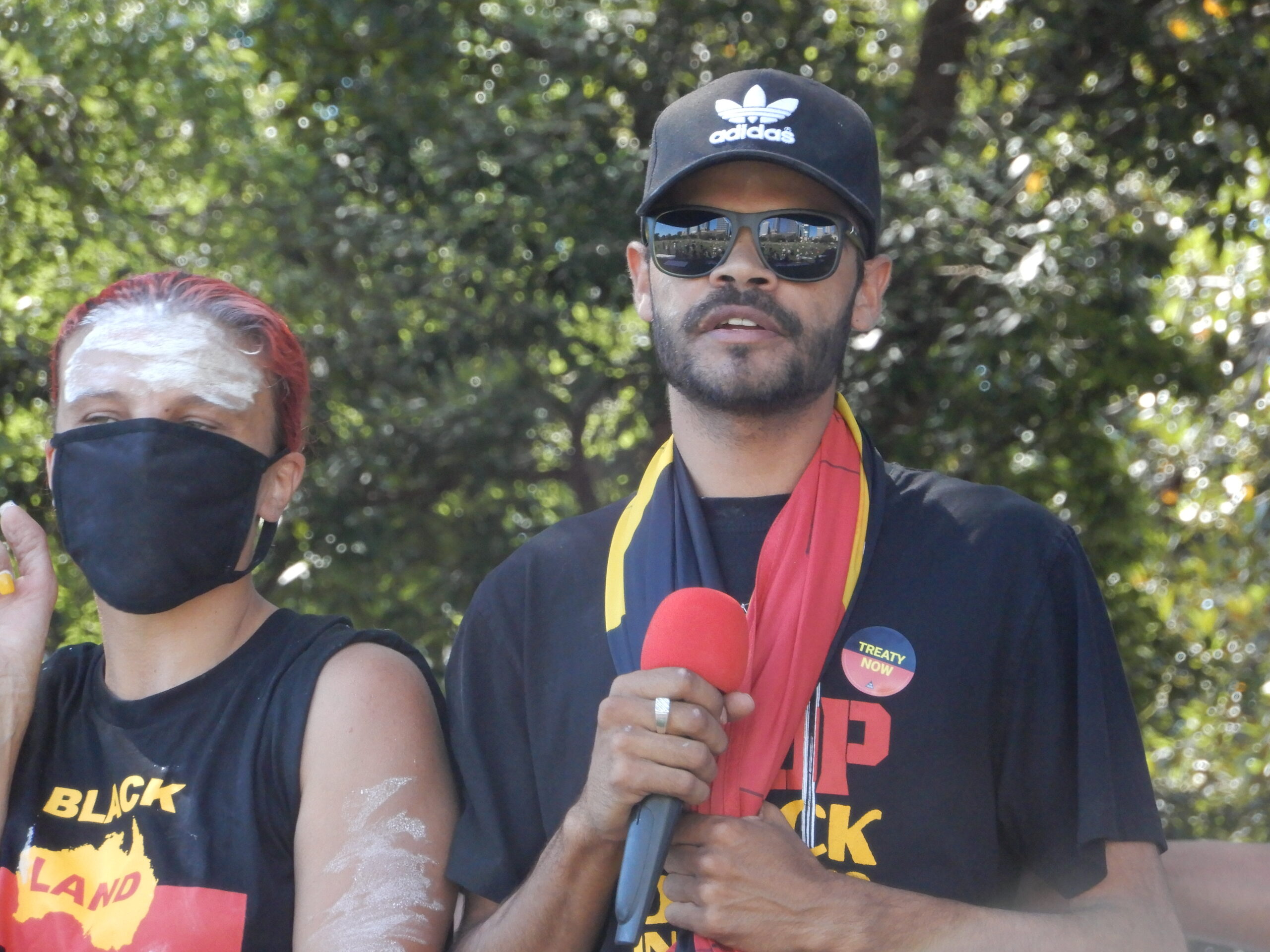
An independent First Nations body
It came to light on Thursday that another Aboriginal custodial death has transpired in an Australian prison. The man died last Sunday at Melbourne’s Ravenhall Correctional Centre, although details about what happened are scant.
“The reality is these people have families. They have loved ones. They have a life,” Silva made clear. “To do your crime, pay your debt to society because you made a mistake – like everyone does in life – shouldn’t mean you return home in a body bag.”
“It’s ridiculous that it continues to happen, even though there was the Royal Commission into Aboriginal Deaths in Custody,” he added.
At the Black Lives Matter protest in Sydney on 6 June last year, thousands of participants knelt to mark the 433 Aboriginal deaths in custody since the Royal Commission handed down its final report in 1991. This death toll had risen beyond 440 by the end of 2020, and now it’s climbed further.
The NSW Select Committee on the High Level of First Nations People in Custody and Oversight and Review of Deaths in Custody is about to hand down its final report on 15 April, which is the 30th anniversary of the Royal Commission having delivered it’s mostly overlooked 339 recommendations.
Members of the Dungay family spoke at the inquiry hearings. Silva explained that the key outcome they want to see is the establishment of an independent Aboriginal body to investigate First Nations custodial deaths and provide evidence directly to the NSW state coroner.
“We also want SafeWork NSW to conduct an independent investigation when these deaths occur in a workplace,” he concluded.
“They will investigate a finger being cut off in a workplace, but they are not going to investigate a human being begging for his life while employees hold him down as he says he can’t breathe in a workplace.”


